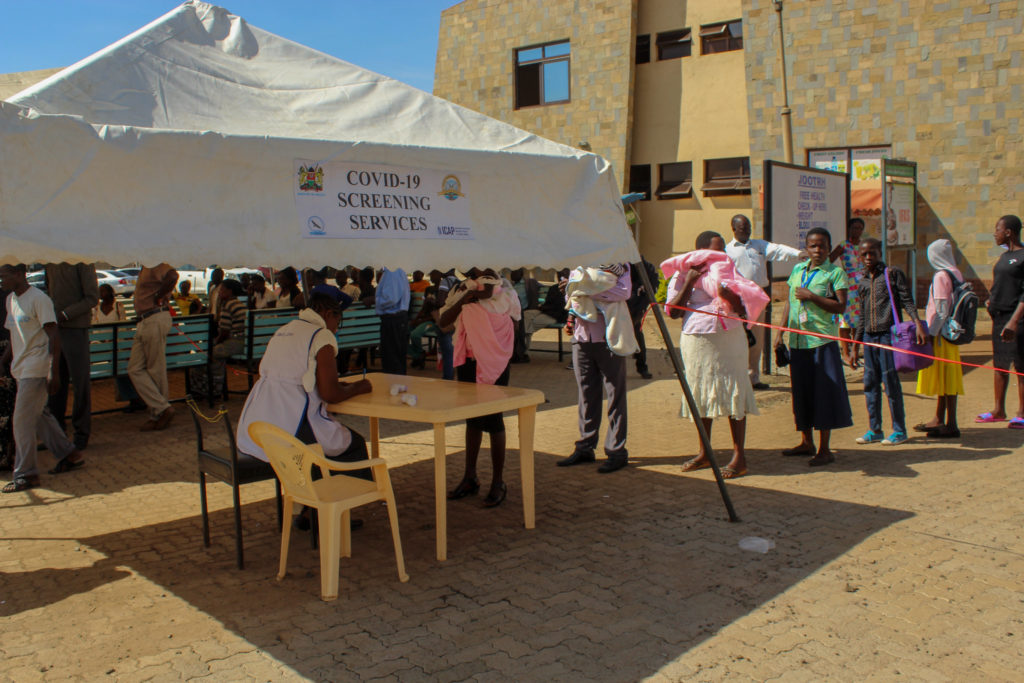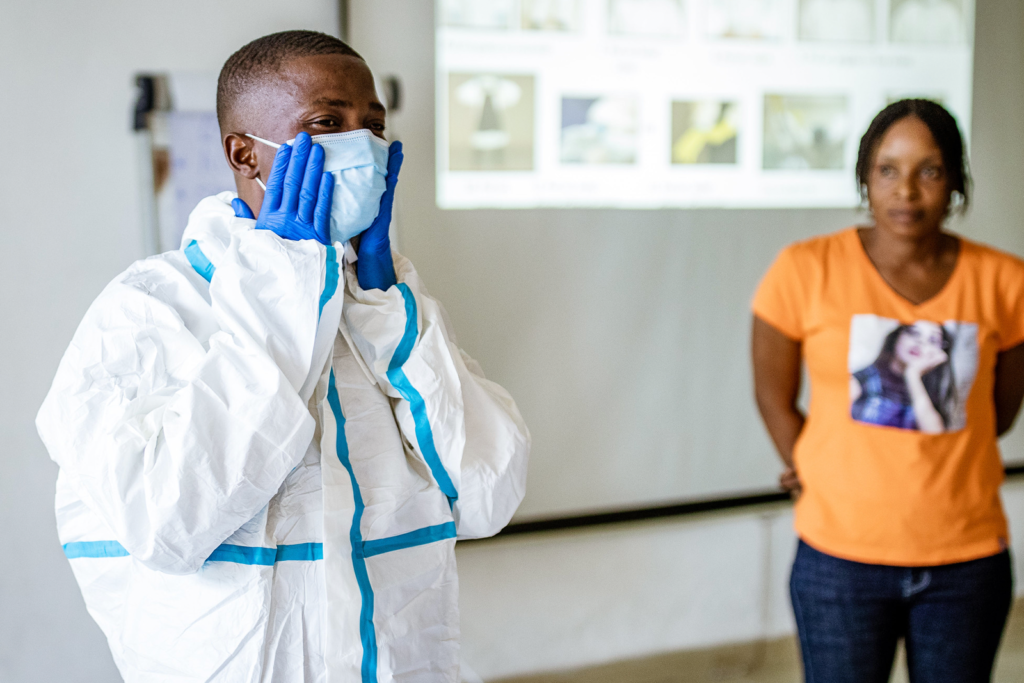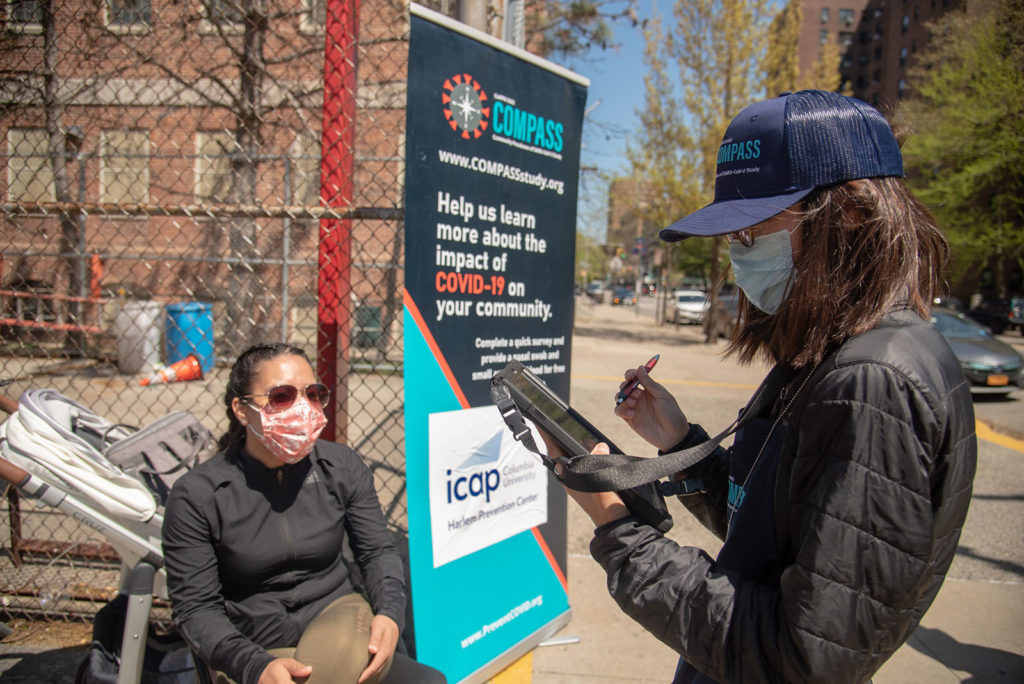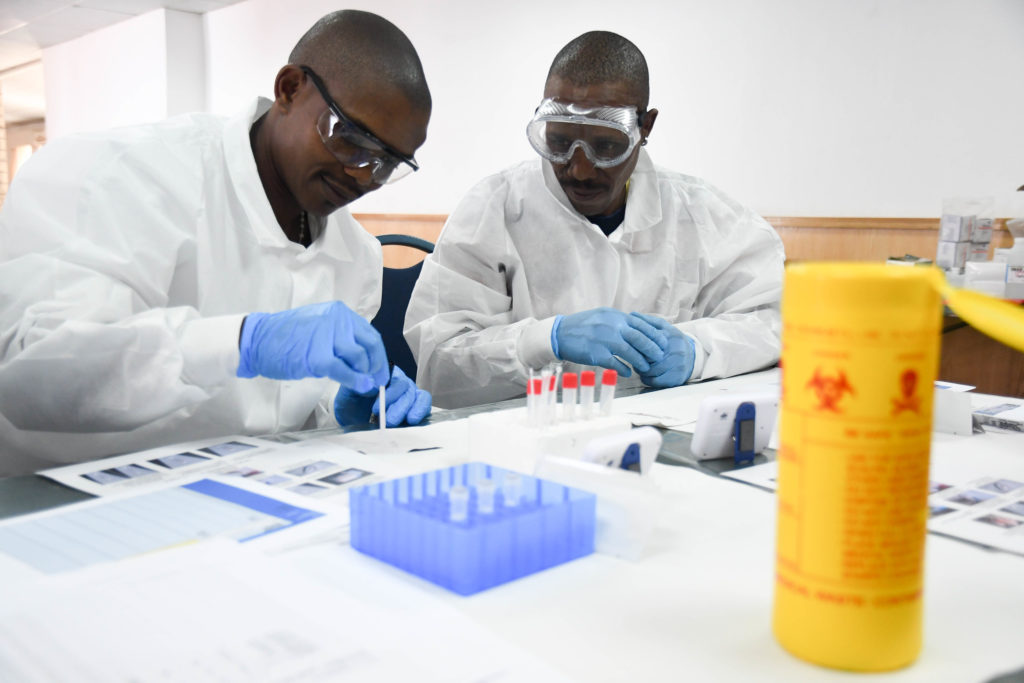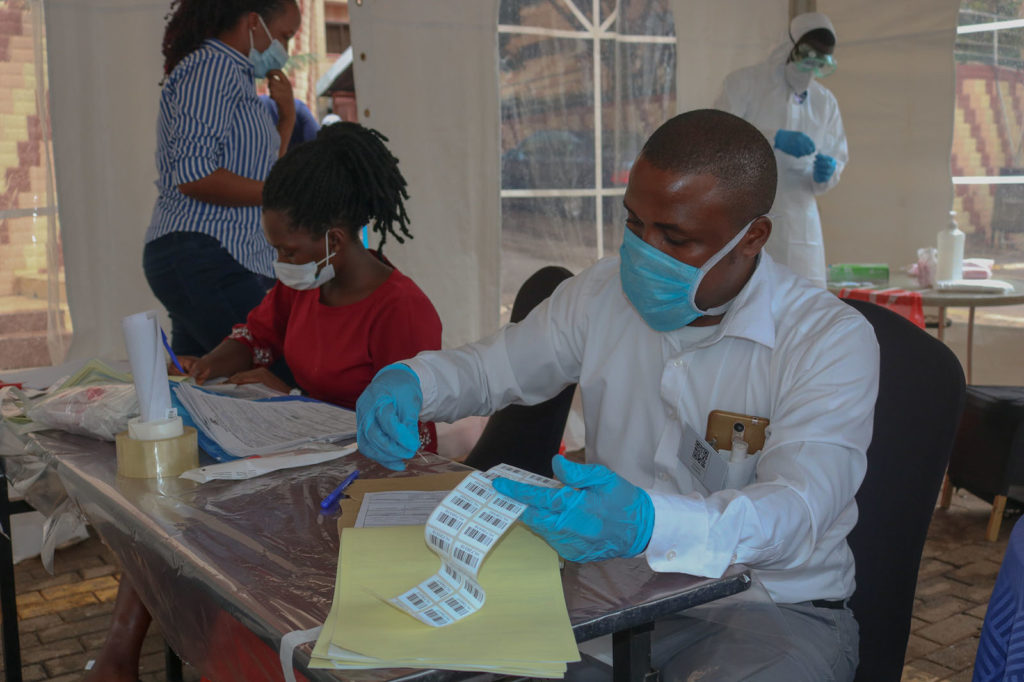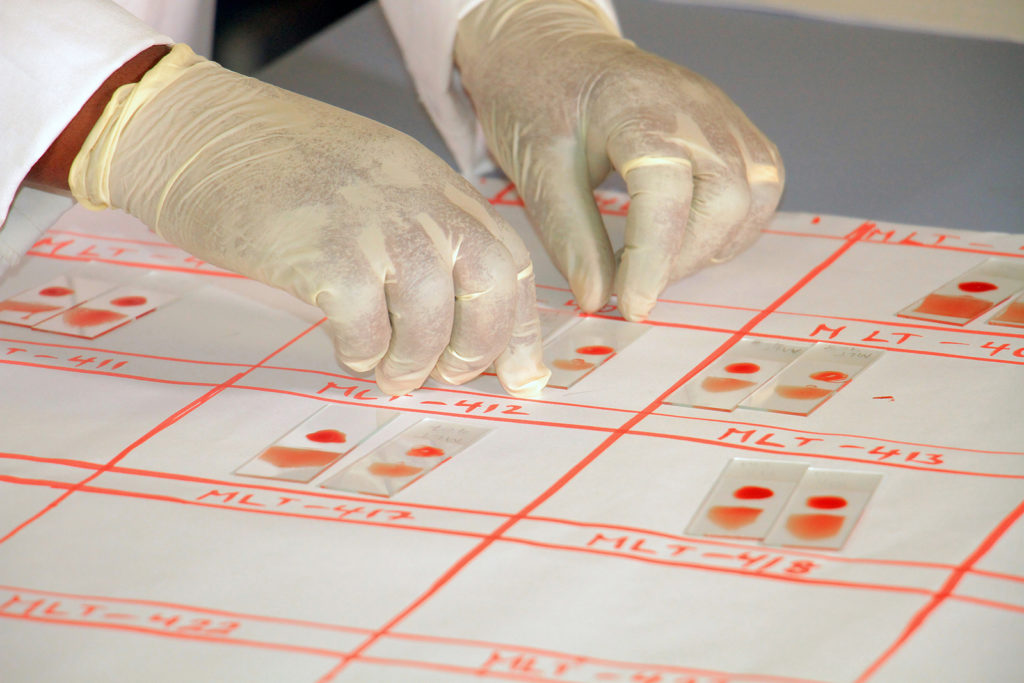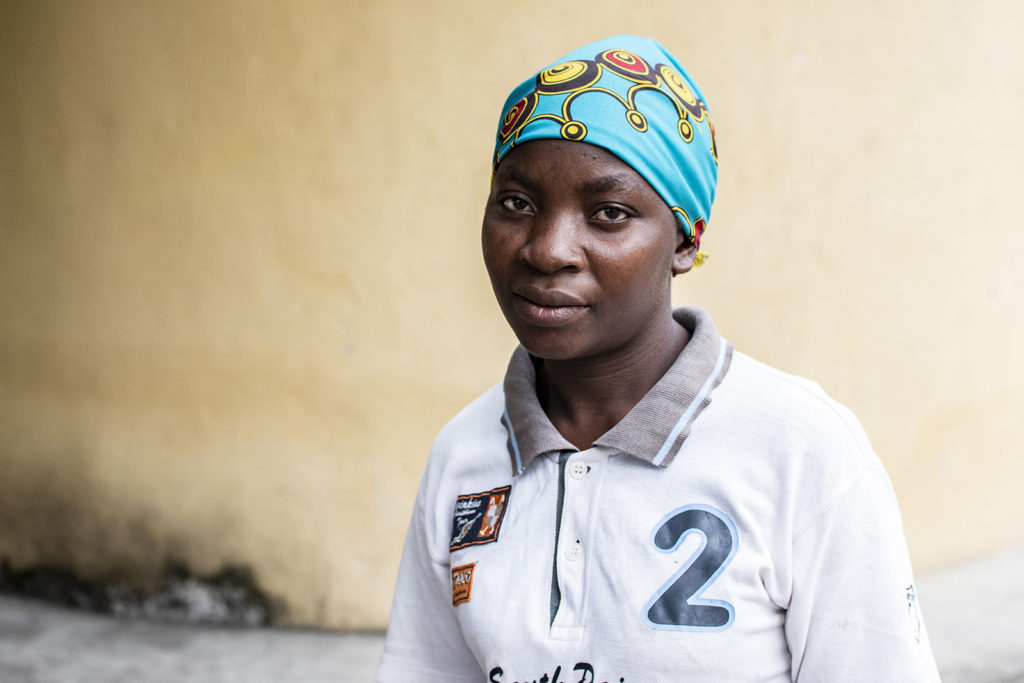Confronting the Threat of Antimicrobial Resistance
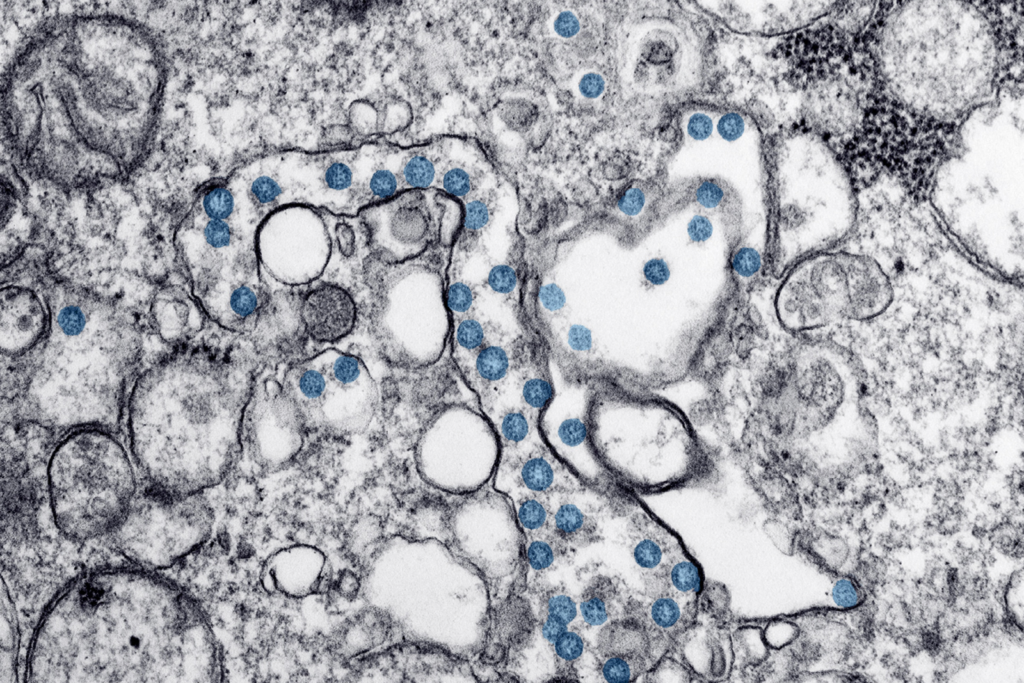
While the rapid spread of COVID-19 continues to dominate headlines around the world, another health crisis looms large: the global threat of antimicrobial resistance (AMR). The indiscriminate use of these agents threatens effective treatment for a growing list of common diseases – including pneumonia, tuberculosis, blood poisoning, gonorrhea, and foodborne diseases – increasing the risk of disease spread, severe illness and death.
Together with its longstanding partner, the government of Eswatini, ICAP is working to stop the further emergence of drug-resistant infections that greatly impact the health of humans, animals, and our environment. ICAP’s work in this area is grounded in the One Health approach, which recognizes that the health of people is closely connected to the health of animals and our shared environment. As resistant bacteria can spread between humans, animals, and the environment, curbing drug misuse and overuse across all health sectors is critical to tackling resistance as a whole.
“The health sector working alone cannot solve this problem. It is only by working together that we can move forward to address the rising threat of AMR around the world. We hope that initiatives like ICAP’s multi-sectoral partnership to combat AMR in Eswatini may serve as a global model.”
Ruben Sahabo, MD
Country Director, ICAP in Eswatini
In Eswatini, a multi-ministry taskforce supported by ICAP is working to meet the challenge of AMR head-on by building a national surveillance system for antimicrobial resistance, use, and consumption across animal and human health systems in the country. The goal is to develop evidence-based interventions to improve the use of antimicrobials in human and animal sectors and inform infection prevention and control (IPC) plans at the local, regional and global levels.
“Strengthening AMR surveillance is a priority for the human and animal health sectors in the Kingdom of Eswatini,” said Thuli Magagula, assistant director of Pharmaceutical Services in the Eswatini Ministry of Health, and a member of the Eswatini Ministry of Health’s AMR Containment Committee (AMRCC).Since the project’s start in early 2020, ICAP’s efforts to combat AMR in Eswatini have included strengthening of the governance and leadership of the AMRCC, as well as supporting the establishment and renovation of AMR surveillance sites within the human and animal health sectors, equipping and supplying laboratories, and building capacity of human and animal health workers. Additionally, ICAP has developed a variety of tools to be used at the intersection of animal, human, and environmental care including standardized operating procedures and protocols, lab aids, and national data flow systems in compliance with the Global Antimicrobial Resistance Surveillance System (GLASS).
The project is notable for the wide range of stakeholders represented, including the Ministry of Health, the Ministry of Agriculture, the University of Eswatini’s Faculty of Agriculture, and the AMRCC. Additional key partners include EcoHealth, Health and Education Consulting, and the University of Pretoria.
Funding: Fleming Fund
SECURITY FOCUSED
MULTI-SECTORAL
PIONEERING
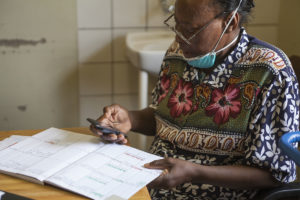
More Impact Stories
Story One
Pivoting to Protect Vulnerable Populations
Story Two
Training Frontline Health Care Workers
As the COVID-19 pandemic arrived in Sierra Leone, ICAP's experience in health care worker training, mentoring and supportive supervision proved to be a critical asset.
Story Three
Researching Biomedical Responses to COVID-19
Recognizing the urgency of developing prevention and treatment responses to COVID-19.
Story Four
Saving Lives with Music
Story Five
Sustaining Methadone Treatment During Lockdown
Story Six
Harnessing Tech to Advance HIV Recency Testing
In the early days of the COVID pandemic, Zimbabwe had low infection rates, and people knew very little about the rapid global spread of the virus.
Story Seven
Surveying the HIV Epidemic Undaunted
Since 2014, the Population-based HIV Impact Assessment (PHIA) Project has been guiding the global HIV response by conducting national representative surveys that chart the state of the HIV epidemic across 15 countries.
Story Eight
Responding to Malaria in Remote Regions
For people who suffer from stigma and fear, including sex workers...
Story Nine
Confronting the Threat of Antimicrobial Resistance
While the rapid spread of COVID-19 continues to dominate headlines around the world, another health crisis looms large.
Story Ten
Connecting Key Populations to Care
For people who suffer from stigma and fear, including sex workers.

